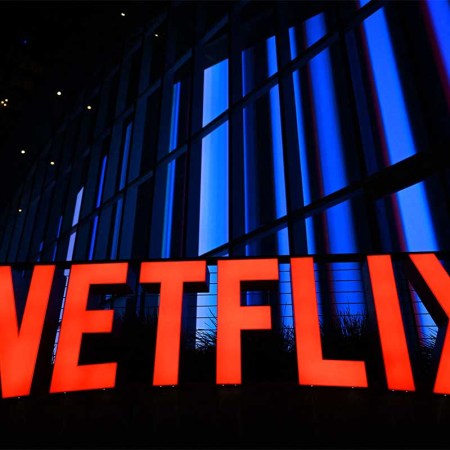It’s not all about the algorithm. According to the Wall Street Journal, some recent Netflix projects have gone through a select focus group of viewers before hitting the streaming service, with a few high-profile projects undergoing extensive new edits based on this group’s feedback.
Variety reported on this so-called Netflix Preview Club earlier this year. The streamer started the program in May 2021, inviting a small group of subscribers who “represent a wide range of perspectives” to preview and comment on projects before they’re released publicly. After the members finish watching each movie or series over the course of six months, they fill out a survey on what they liked, didn’t like and how they’d make the show better.
The biggest example of consumer edits highlighted by the WSJ involves Adam McKay’s 2021 disaster film Don’t Look Up. Preview Club members apparently wanted the comedic elements of the film heightened; while this resulted in what one critic called a “slapdash, scattershot sendup,” the movie did garner four Academy Award nominations and still holds the Netflix record for weekly viewing hours of a film (for what it’s worth, this writer liked the film).
Netflix reportedly plans to expand this focus group from about 2,000 to “tens of thousands” of members next year, so this practice isn’t going away anytime soon — particularly if the company thinks the group is useful in maintaining or even expanding its subscriber base. Employees at the company also can influence the eventual direction of a series or movie — Netflix reportedly analyzes the viewing behavior of workers who have access to shows before they’re released.
So, is this wrong? Focus groups and test audiences have existed at movie and TV studios for decades, for better (Titanic) or worse (Pretty in Pink). Amazon and Hulu also use like-minded viewer feedback programs, albeit not at Netflix’s scale. The real issue seems to be that Netflix touts artistic freedom (“We support the artistic expression of the creators we choose to work with,” as the site’s Jobs page notes). So while focus groups can serve a purpose, the increased use of the Preview Club suggests that artists may, in fact, not be in charge of their artistic expression. Which is a pretty old-school and homogenized way of creating entertainment.
Thanks for reading InsideHook. Sign up for our daily newsletter and be in the know.

















